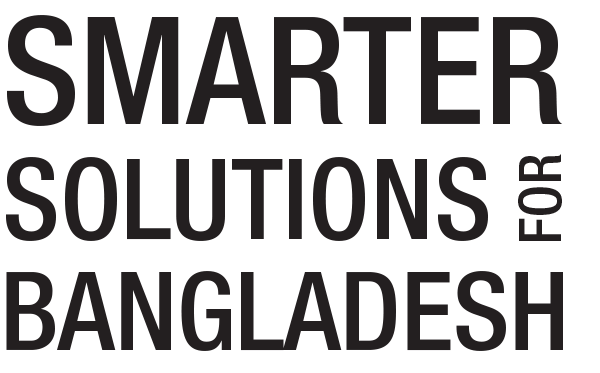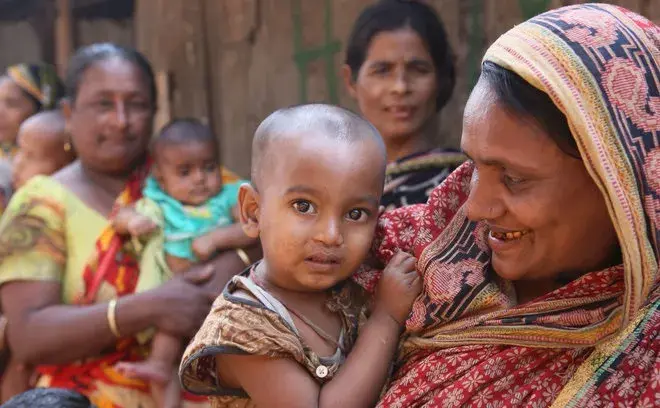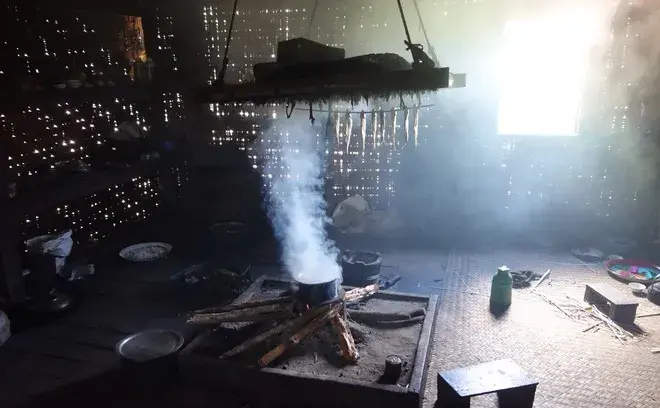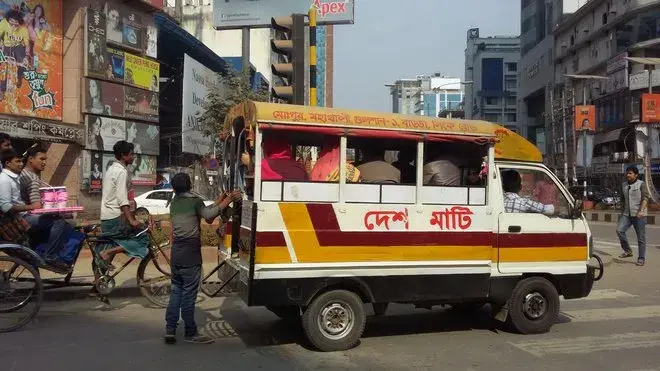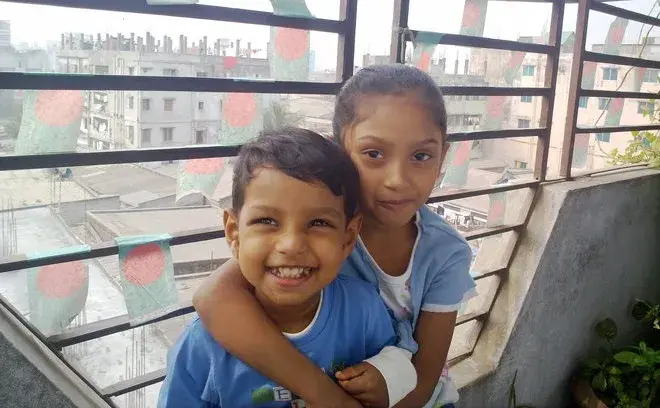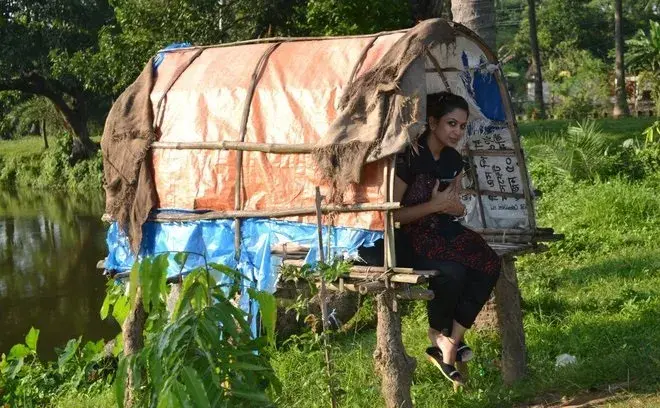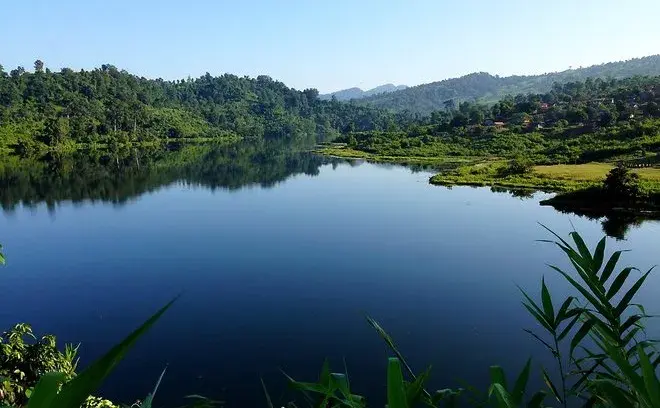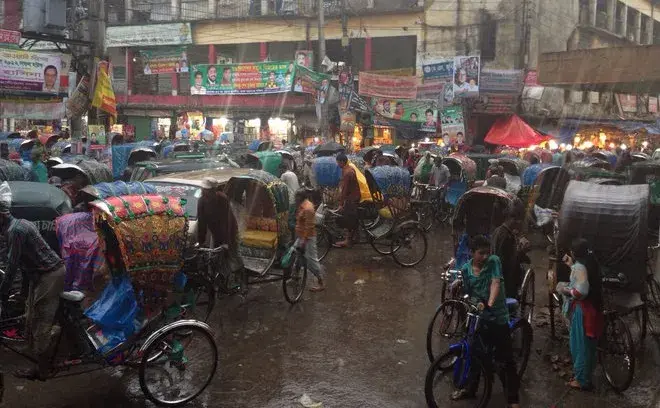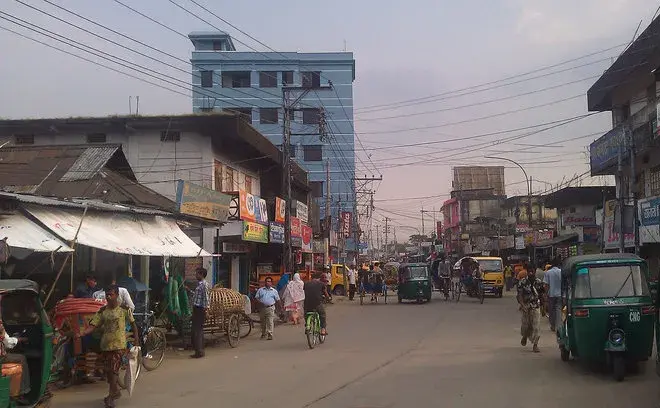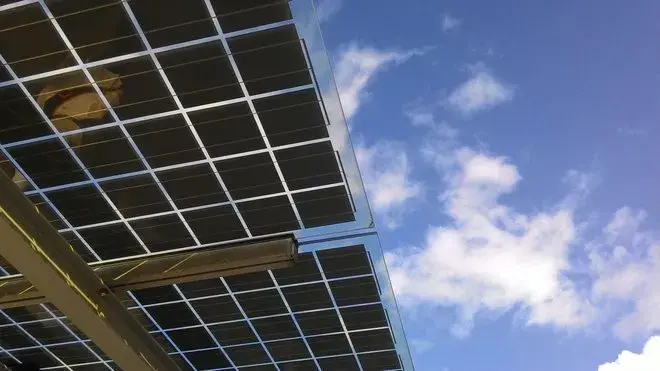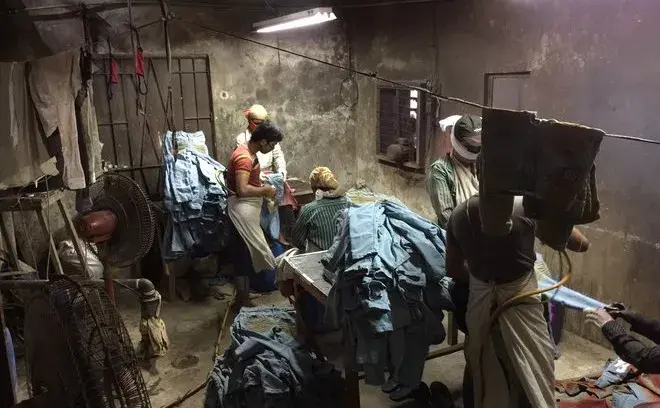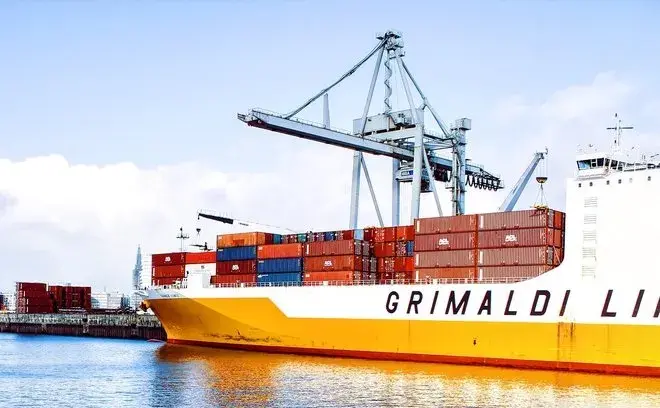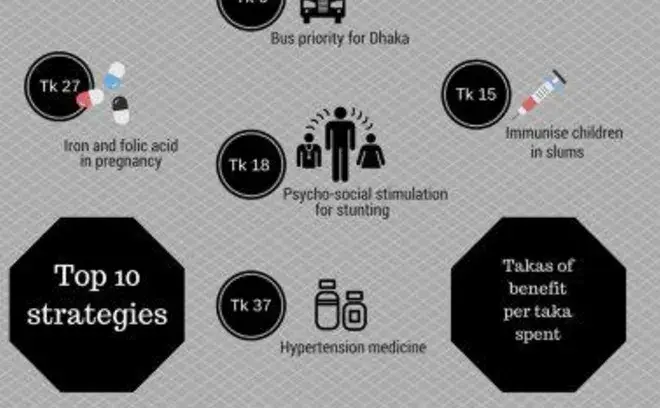Research Summaries
In a series of op-eds published in The Daily Star and Prothom Alo, Bjorn Lomborg outlined the key findings of the path-breaking research produced by the Bangladesh Priorities project. Here you can find all of the articles in the series.
You can also make your voice heard by participating in our Facebook polls and letting us know your top priorities.
Fighting ultra poverty in BangladeshUsing smarter stoves to combat household air pollutionHow better technology can make city air cleaner and help save livesHow smart solutions to tax reform can help provide the infrastructure the country needsHelping farmers in the lean seasonStreamlining opportunities to migrateHow education and stimulation in early years can help children thrive for a lifetimeLinking economies through transportation infrastructureFlexible microfinance models - For more economic opportunitiesHow e-GP save taxpayers tens of billions each yearThe smartest ways to fight non-communicable diseases in BangladeshHealthcare solutions that are smartDigitize land records - Unlock economic opportunitiesThe smartest ways to adapt to climateThe smartest ways to deal with traffic congestion in DhakaHow to improve Dhaka's public services for future growthHealthier mothers for a brighter futureBest strategies to empower girlsBringing electricity to more BangladeshisRMG: Smartest StrategiesLiberal trade policies to boost the bestGolden rice: The malnutrition fighting cropCan they change the country's future?

